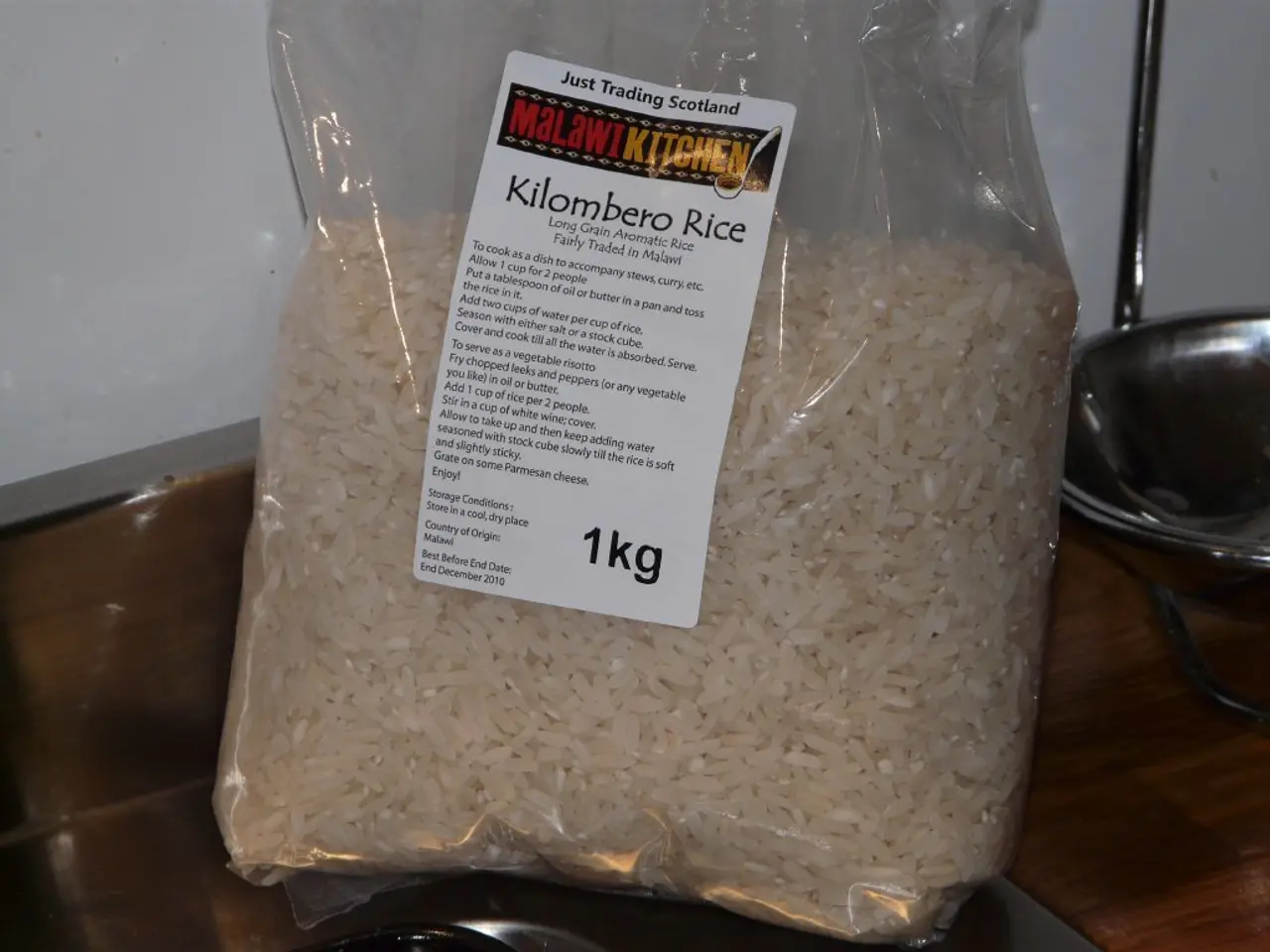Philippines Records 5.4% Economic Growth in First Quarter
Freshened-Up Article:
The Philippine Economy: A Resilient Start in Q1 2025
Drumroll, please! The Philippine economy kicked off the year with a bang, recording a 5.4% year-on-year growth in the first quarter of 2025. This tidbit was shared by the Department of Economy, Planning, and Development during a presentation on May 8, 2025. Although slightly less than the government's initial expectations, it's still a commendable start, outpacing a few major regional economies, as we'll dig into later.
Secretary Arsenio M. Balisacan, unfortunately detained at the Asian Development Bank's annual meeting in Italy, had Undersecretary Rosemarie Edillon stand in for him. Edillon noted that the Philippines ranked second among major Asian economies, tying with China, and trailing only Vietnam (6.9%) in Q1 GDP growth. The Philippines outshone Indonesia (4.9%), Malaysia (4.4%), and Thailand (forecasted at 2.8%).
Edillon highlighted this performance as a testament to the Philippine economy's resilience amid global uncertainties. Finance Secretary Ralph Recto backed this, applauding the country's Q1 performance as a sign of the economy's continued strength and resilience.
Private consumption continues to climb, serving as a vital engine of growth, providing a buffer against external shocks. Inflation has eased, lending consumers more purchasing power. Our labor market remains vibrant, keeping employment levels stable and ensuring a steady income stream for a significant portion of the population.
The service sector, particularly wholesale and retail trade, financial and insurance activities, manufacturing, and agriculture posted impressive growth rates. The agriculture sector, in fact, showed the highest growth among sectors, even amid challenges.
Government spending has been proactive and "punchy," which stepped up economic activity. The Bangko Sentral ng Pilipinas (BSP) expects to offer additional monetary support to foster continued growth, given external pressures.
It's worth mentioning that the Philippines' Q1 growth outpaced some other regional economies, showcasing the country's resilience amid a slowdown from 5.9% in Q1 2024 to 5.4% in Q1 2025. This relative strength is a reflection of the strong domestic demand, easing inflation, a robust labor market, diverse sectoral growth, and supportive fiscal and monetary policies.
Cebuano businessman Steven Yu weighed in, stating that the 5.4% growth is promising, but is also moderate enough to provide the BSP with more reason to lower interest rates. Yu suggested that the BSP could implement three quarter-point cuts (0.75%) in 2025, aiming to bolster the economy before it suffers any permanent damage.
Edillon emphasized the importance of strategic policymaking and accelerated structural reforms, particularly considering ongoing global trade uncertainties. To sustain growth, the government is committed to attracting investments, implementing critical infrastructure development, opening up the market to greater private-sector participation, and prioritizing key economic reforms.
The government also aims to forge trade partnerships with key economies like the EU, UAE, and US to diversify export markets and integrate MSMEs into global value chains. Strengthening governance in critical industries, investing in human capital development (upskilling and reskilling initiatives), and capitalizing on higher value-added activities in the services sector are also on the agenda.
On both the fiscal and monetary fronts, efficient public spending and resilient infrastructures are vital. The Economic Team is working to streamline the linkages between planning, resource programming, and budgeting, with enhanced monitoring and evaluation to ensure resources are targeted at impactful programs.
Edillon reiterated the government's optimism for sustained and accelerated progress, driven by decisive action, targeted investments, innovation, and sound macroeconomic fundamentals, with a long-term vision of resilient and inclusive economic growth that translates into tangible benefits for Filipinos.
Insights:
- The robustness of the Philippine economy is rooted in strong domestic demand, easing inflation, a vibrant job market, diverse sectoral growth, and supportive fiscal and monetary policies.
- The government will focus on key economic reforms to strengthen governance in critical industries, attract investments, encourage private-sector participation, and prioritize infrastructure development.
- The government aims to diversify export markets, integrate MSMEs into global value chains, and invest in human capital development to drive economic growth.
- The finance sector, bolstered by proactive government spending and additional monetary support from the Bangko Sentral ng Pilipinas, has played a crucial role in driving the resilient start of the Philippine economy in Q1 2025.
- The diversified growth across sectors, such as wholesale and retail trade, financial and insurance activities, manufacturing, agriculture, and services, has contributed to the Philippines outperforming major regional economies, like Indonesia, Malaysia, and Thailand, in Q1 GDP growth.
- In the business hub of Cebu, local entrepreneur Steven Yu expressed his view that the modest 5.4% growth rate is promising but calls for the Bangko Sentral ng Pilipinas to lower interest rates to boost the economy.
- As a way to sustain growth and counteract global trade uncertainties, the Philippine government plans to forge trade partnerships with major economies like the EU, UAE, and US, and implement targeted reforms in critical industries, human capital development, and the services sector.
- The government remains optimistic for continued, accelerated, and inclusive economic growth, focusing on impactful programs, decisive actions, and strong macroeconomic fundamentals, aiming to benefit Filipinos in the long term.






